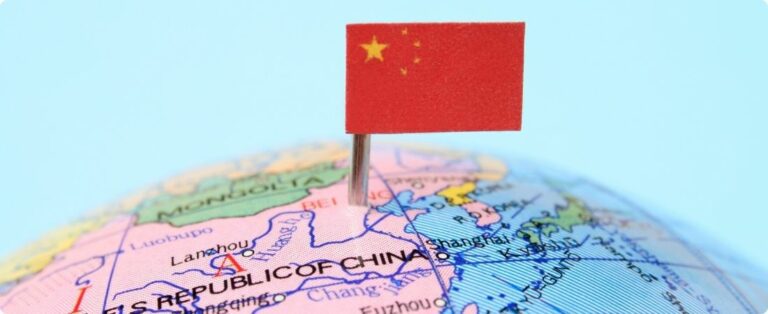
President Luiz Inácio Lula da Silva regulated, through a decree published this Tuesday (15), the Economic Reciprocity Law. The rule, therefore, establishes criteria for the adoption of trade countermeasures, investment and intellectual property-related measures against countries or economic blocs whose actions harm Brazil's international competitiveness. The text was therefore published in the Official Gazette of the Union and released by the Ministry of Development, Industry, Commerce and Services (MDIC).
Furthermore, the decree creates the Interministerial Committee for Economic and Trade Negotiations and Countermeasures, responsible for deliberating on provisional measures and monitoring negotiations to reverse unilateral measures adopted by trading partners. The Minister of Development, Industry, Commerce, and Services will chair the committee, which will include representatives from the Civil House, Finance, and Foreign Affairs. The MDIC Executive Secretariat, in turn, will serve as the Committee's secretariat.
Subsequently, the text provides that the government may apply exceptional and provisional countermeasures with expedited processing. The Committee's Executive Secretariat must receive the requests, request opinions from other members, and may consult the private sector and other bodies before making a decision. "These actions, in effect, aim to respond quickly to unilateral practices that compromise the country's sovereignty or commercial interests," the document states.
Measure strengthens Brazil's response to unilateral trade practices
The Committee will be responsible for conducting the procedures for applying these measures.
I – interfere with Brazil's legitimate and sovereign choices. This includes attempts to prevent, modify, or force the adoption of specific acts or internal practices. These actions may occur through the application, or threat of application, of unilateral measures in the commercial, financial, or investment areas.
II – violate or are inconsistent with the provisions of trade agreements, or otherwise deny, nullify, or impair benefits granted to Brazil under any trade agreement.
III – constitute unilateral measures based on environmental requirements that are more onerous than the parameters, norms and standards of environmental protection adopted by Brazil.
Furthermore, the decree also regulates the adoption of ordinary countermeasures, as provided for in the Reciprocity Law itself. These requests will follow a more time-consuming procedure, with analysis by the Executive Secretariat of Camex (Chamber of Foreign Trade), submission to public consultation, and a final decision by Camex's Strategic Council. Articles 3, 9, 10, and 11 of the Law will serve as the legal basis for these actions.
The Ministry of Foreign Affairs (MRE) will be responsible for notifying affected countries throughout all stages of the process. Diplomatic consultations should be conducted in coordination with the MDIC and other Camex agencies. The MRE must also submit regular reports to the Camex Executive Management Committee (Gecex) on the progress of negotiations with trading partners.
Source: Seane Lennon | agrolink















